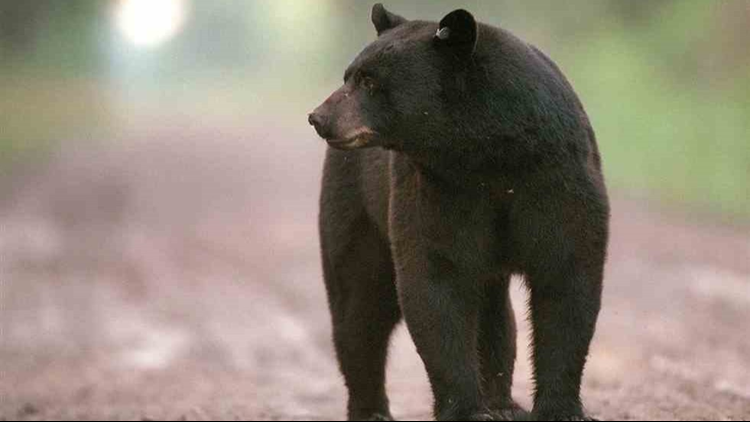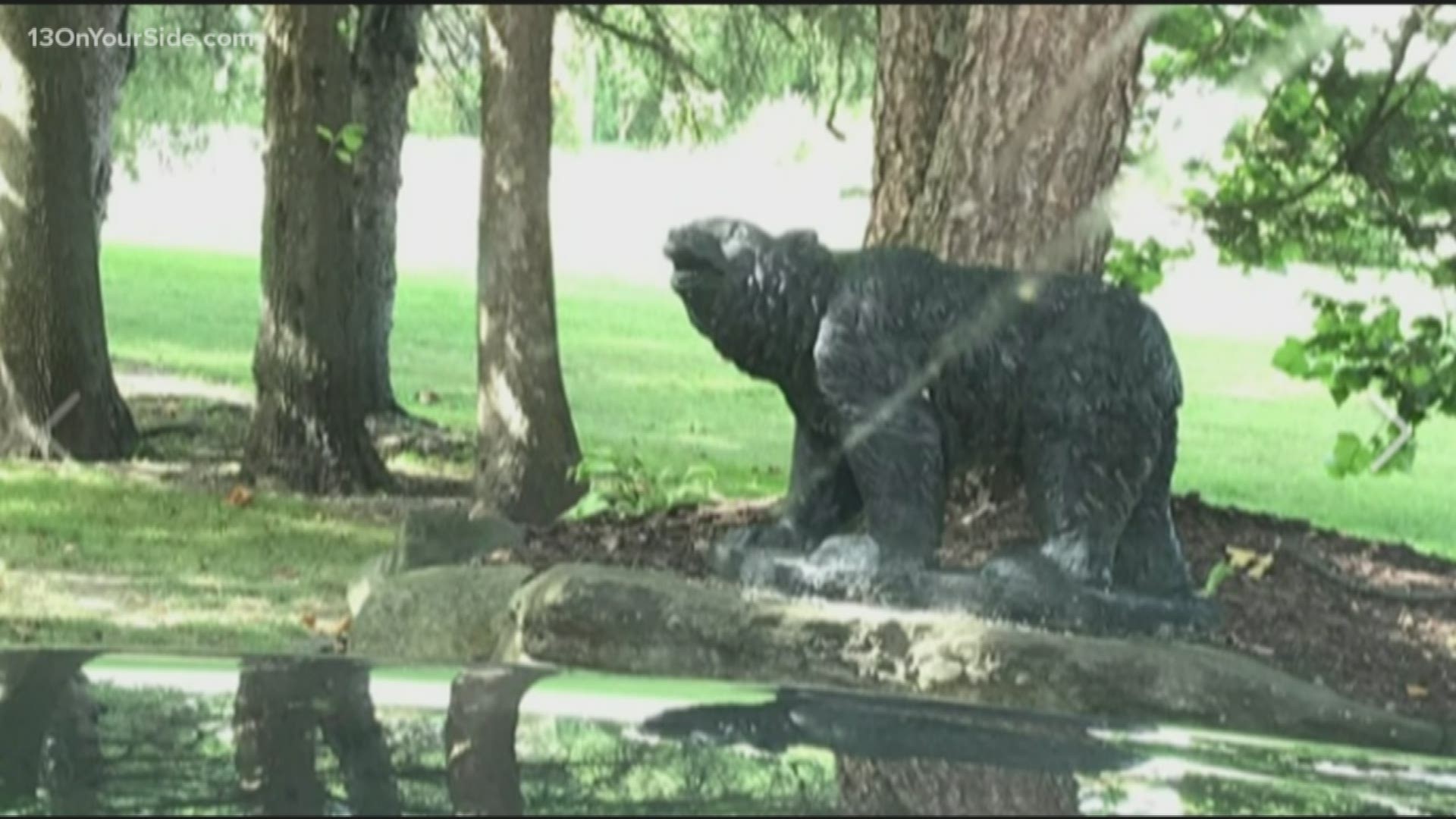GRAND RAPIDS, Mich. — Michigan black bears will soon be rising from hibernation and will be seeking a post-hibernation meal. That meal could be feed from your bird feeder.
Black bears are found primarily in the Upper Peninsula and the northern half of the Lower Peninsula. During hibernation, bears rely on fat reserves to stay nourished. Afterwards, they will be hungry and searching for their next meal.
According to the Michigan Department of Natural Resources, even though there is plenty of natural food sources for the bears to choose from, they prefer bird feed and suet due to their high fat content and accessibility.
When a bear discovers a bird feeder filled with a calorie-rich meal, they are more likely to become a repeat visitor.
“Bears are creatures of habit. Once they have found a reliable food source, they will return until the food source is removed,” said DNR large carnivore specialist Cody Norton.
"While it can be exciting to see a bear, providing them food can cause problems for you, your neighbors and the bear," Norton said.
Bears that rely on human food can encounter people too, making them less afraid of humans.
A bear that has become used to people will continue to return to the area looking for food. This can result in property damage, relocation of the bear, or a possible euthanization.
Food sources that can attract bears to your yard include:
- Bird feeders
- Trash cans
- Grills
- Pet foods
- Apiaries (where beehives are kept)
- Bonfire pits
- Anything containing food debris
Anyone who has removed a bird feeder and is still experiences bear problems after 2 or 3 weeks are encouraged to contact the nearest DNR office and ask for assistance.
Visit the DNR's website to learn more about Michigan's black bear.
Additional tips and information about wildlife conflict are available on the DNR's Website.
RELATED VIDEO:
MORE on 13 ON YOUR SIDE:
►Make it easy to keep up to date with more stories like this. Download the 13 ON YOUR SIDE app now.
Have a news tip? Email news@13onyourside.com, visit our Facebook page or Twitter. Subscribe to our YouTube channel.




